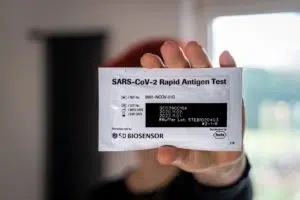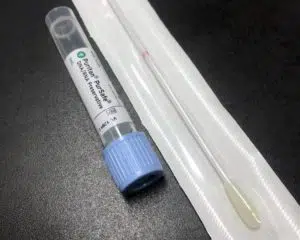Specifically, there were no medications recommended by health professionals that could possibly lower the damage of COVID-19 in the patient’s body. The most common symptoms of coronavirus are flu, fever, and cold—a patient could take medications for these symptoms but they won’t necessarily work to reduce the infection of the virus.
Since there is no specific treatment of COVID-19, people are recommended to follow the precautions described by World Health Organization as necessary safety measures to prevent the coronavirus infection.

However, there are still some medications that are rumored to cure coronavirus symptoms. A lot of people ask if there is any official statement regarding these medications, would these make a difference in their condition amid the coronavirus, and such concerning questions. People need to know if they can opt for other options to inhibit the disease until the vaccine becomes available. It is true that a lot of antiviral agents were tested to hinder the SARS virus in vitro, but they have not been approved yet. Moreover, there hasn’t been any confirmation by medical experts that these newly-developed antiviral agents are potential curers. As far as a medical opinion is concerned, they were attempts to form a vaccine to tackle harmful viruses, such as SARS, which are spread due to an outbreak.
However, there are some treatments that patients need to go through as a regular part of their lives. About these treatments, a word of advice by medical professionals is clearer.
According to the statement of the British Society of Heart Failure and the British Cardiovascular Society that was published in the first half of the last year, patients of cardio-related complications should go on with their treatment angiotensin receptor block and angiotensin converting enzyme unless they are specifically advised by their medical team to stop due to a threat of COVID-19. However, concerns about these medications predisposing the patients to worse outcomes if they were to get infected with COVID were circulated on social media. Nonetheless, both societies suggested that every patient is needed to be treated according to their condition, and exclusive guidance to everyone is best in these cases. If the patients are at risk of dying from COVID-19, they also cannot leave their life-providing medications for other diseases.
Similarly, concerns regarding the use of ibuprofen worsening the COVID situation also circulated around the media. However, major UK and USA national health agencies published in their statements that there is no sufficient evidence that could prove a link between ibuprofen and COVID-19.
According to the medical advice, the proper identification of patients who may or may not have COVID-19 can only be more possible through tests. Therefore, everyone should make getting tested their first priority. Vaccine is available currently in number of countries, including the USA, but it has been supplied to people in phases—that could take a while. Meanwhile, you can get tested from ChicagoCovidTest.com and get relieved from your COVID report.





